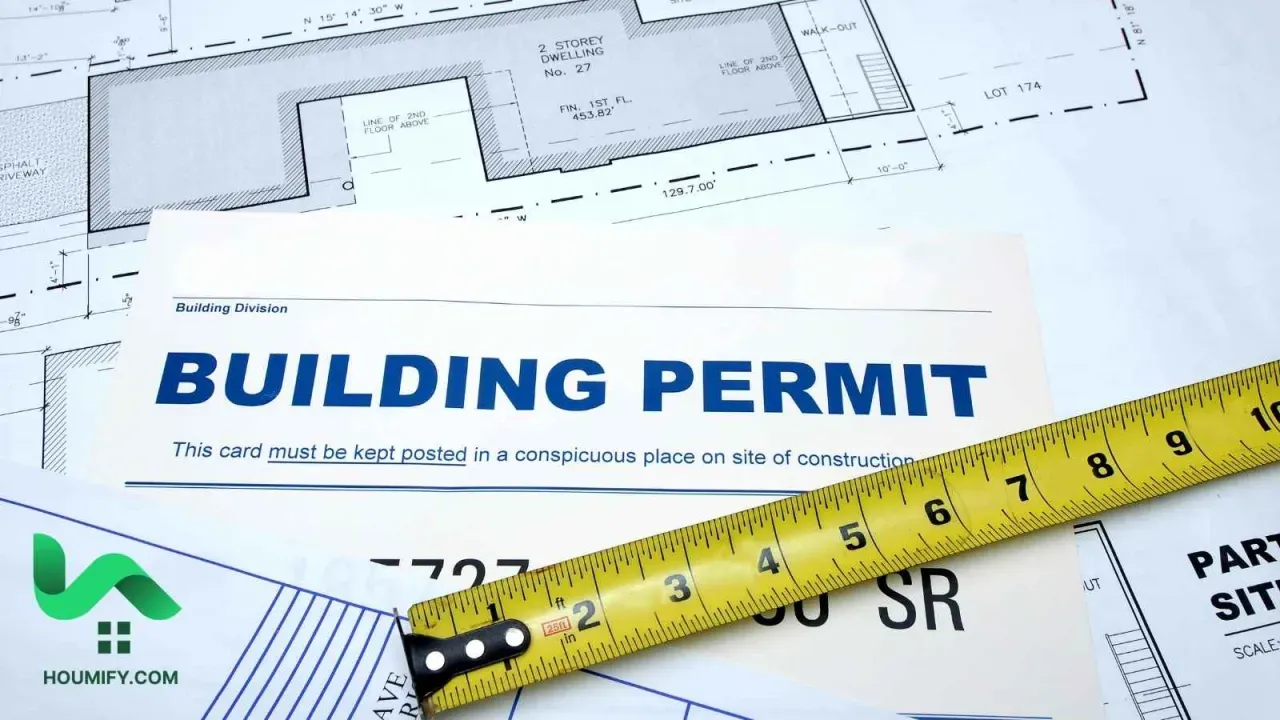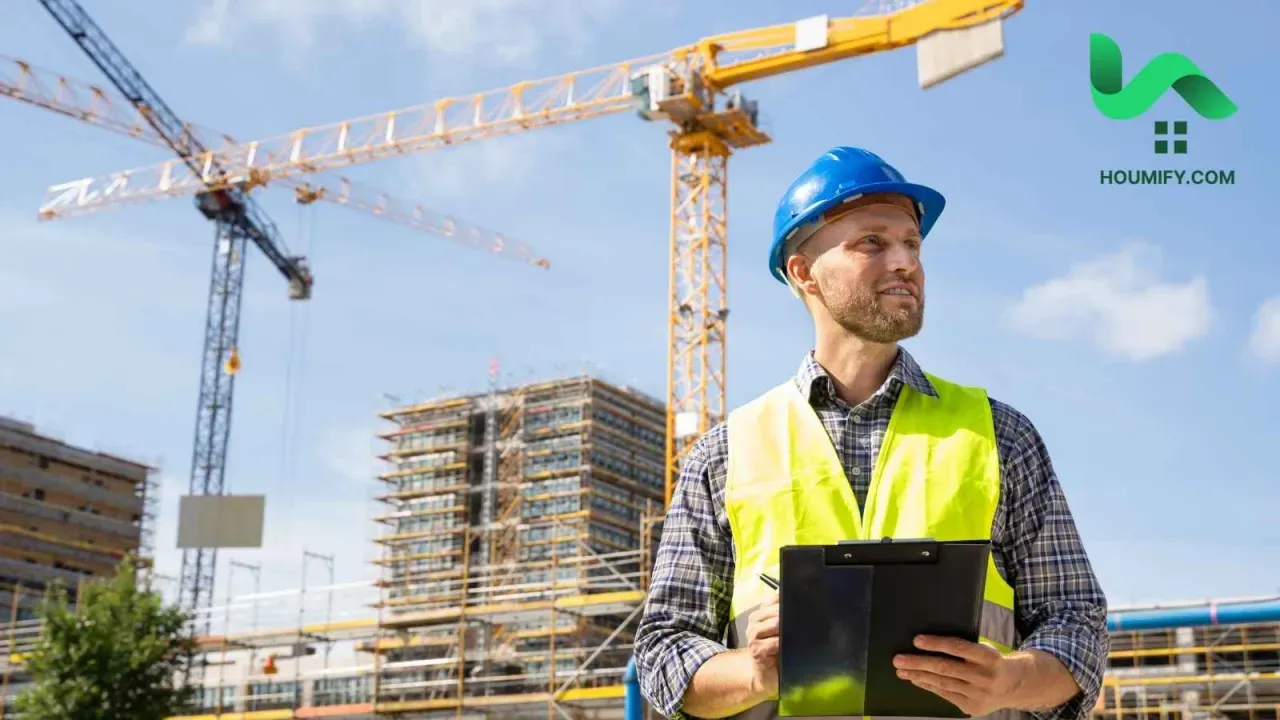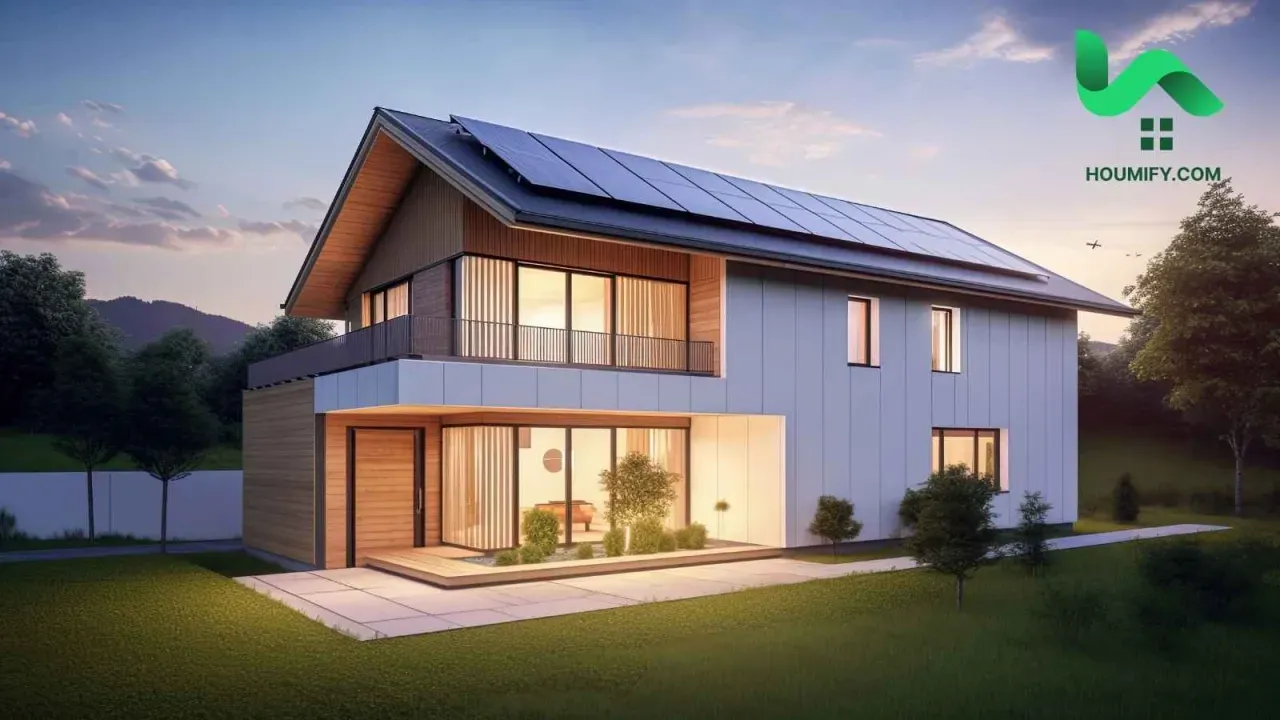Even though starting a construction or renovation project can be exciting, it requires a good understanding of the legal requirements before you begin. The most crucial part is securing the right permits to ensure compliance with local safety and zoning regulations. Whether you’re building a new room, adding a garage, or installing solar panels, this guide will help you navigate the building permit requirements in LA, understand the process, and see why these permits are so important.
What is a Building Permit?
A building permit is an official approval from the city of LA, allowing you to proceed with construction or renovation work. These permits ensure your project complies with the building codes and zoning regulations in LA. The goal of these permits is to protect the public by ensuring buildings are safe and durable.
Building permits apply to projects ranging from small home improvements to large-scale construction. Skipping the permit process can result in serious fines, legal issues, or even the removal of completed work. Following the correct procedures helps you avoid these issues and ensures a smooth project from start to finish.

Why Building Permits Matter
A building permit is not just a formality; it serves critical purposes that go beyond paperwork. Here’s why they are essential:
Safety: Building codes are in place to ensure that any structure is safe for occupancy. A building permit ensures your project meets these safety standards, protecting your family and future occupants.
Legal Implications: Without a permit, you risk fines, stop-work orders, or being required to undo completed work. Following legal building permit requirements in LA will help you avoid these consequences.
Property Value: Unpermitted work can reduce the value of your home. When it comes time to sell, buyers or home inspectors may raise concerns about unapproved renovations.
Insurance: Without the required permits, your homeowner’s insurance might not cover damages related to the project. Securing the proper permits ensures that your renovations are covered.
When is a Building Permit Required?
Not all projects require a permit, but for major work, a building permit is essential. Here are some common construction and renovation jobs that require permits in LA:
1. New Construction
Whether building a new home, garage, or other structure, a building permit is needed before starting any construction.
2. Additions
Adding a room, second story, or garage requires a permit to ensure compliance with safety and zoning regulations.
3. Structural Changes
Modifications like adding or removing walls or expanding doorways need a permit to ensure the building remains structurally sound.
4. Electrical, Plumbing, and HVAC Work
If you’re making major changes to electrical systems, plumbing, or HVAC, you’ll need a permit to meet safety standards.
5. Demolitions
Planning to tear down an old building or garage? You’ll need a demolition permit to ensure safe removal and disposal of materials.
Smaller projects like installing solar panels or building a deck above a certain height may also require a permit in LA. Always check with your local building department to confirm if a permit is needed.
Some Projects That Probably Don’t Need a Permit
Not every renovation requires a building permit. For smaller, cosmetic jobs, you may be able to proceed without one. Here are a few examples:
- Replacing windows or doors, as long as the size or location isn’t changed.
- Interior painting, wallpapering, or installing new flooring.
- Changing cabinets or countertops in the kitchen or bathroom.
- Replacing an old furnace or air conditioner without structural changes.
Even if a project doesn’t require a permit, it must still comply with LA’s zoning and safety regulations.
The Building Permitting Process in LA
The process of obtaining a building permit can seem overwhelming, but knowing what to expect makes it easier. Here’s a breakdown of how the permitting process works in LA:
1. Prepare Detailed Plans
Before applying for a permit, you’ll need a detailed plan that describes your project. This includes blueprints, materials, and specifications. It’s recommended to work with a professional architect or contractor to ensure your plans comply with LA’s building codes.
2. The Application
Once your plans are ready, submit them to the LA Department of Building and Safety, along with the necessary forms. These forms typically ask for details about the project, such as the type of work, scope, and estimated costs.
3. Review and Approval
The LA building department will review your plans to ensure they meet the city’s building codes and zoning regulations. Depending on the complexity of the project, this review may take a few days or several weeks.
4. Permit Issuance
Once your plans are approved, you’ll receive a building permit. This permit should be posted at the construction site for the duration of the project to show compliance with local regulations.
5. Inspections
During construction, inspections will be required at various stages to ensure the work is done according to approved plans. Common inspection points include the foundation, framing, electrical, and plumbing systems.

6. Final Inspection and Approval
After construction is complete, a final inspection will be conducted. If everything is compliant, you’ll receive a certificate of occupancy, indicating that your project is complete and safe for use.
Building Permits and Sustainable Construction
Sustainability is becoming increasingly important in the world of construction. Many homeowners are focusing on eco-friendly upgrades that often require building permits. Here are some sustainable projects that may require permits in LA:
1. Solar Panel Installations
Solar panel installations are a popular upgrade for making homes more sustainable. You’ll need to secure permits to ensure the system complies with LA’s electrical codes.
2. Green Roofing and Stormwater Retention Systems
Green roofs and stormwater retention systems are gaining popularity, especially in urban areas. These projects require permits to ensure the structure can support the added weight and meet safety standards.
3. Wind Turbines
For those generating energy through wind, permits are required for installing wind turbines. These permits ensure that the turbines meet safety and zoning regulations.
Sustainable building trends are shaping the future of home construction. Energy efficiency and reduced environmental impact are top priorities, and homeowners can contribute to a greener future while adhering to LA’s building permit requirements.

Los Angeles Building Permit Requirements: FAQs
Q. Why do I need a building permit for my home renovation?
A.Building permits ensure the work complies with safety codes, protecting both you and future occupants.
Q. When is a building permit required?
A.A building permit is needed for new constructions, major alterations, structural changes, and electrical or plumbing modifications.
Q. Where do I apply for a building permit in LA?
A.You can apply for a permit at the LA Department of Building and Safety, either in person or online.
Q. What happens if I don’t get a building permit?
A.Failing to obtain a permit can lead to fines, stop-work orders, or even the need to undo completed work.
Q. Who is responsible for getting the building permit?
A.Typically, the property owner is responsible, but a contractor or architect can handle the process on their behalf.
Q. How long does the building permit process take?
A.The time varies depending on the complexity of the project but can take anywhere from a few days to several weeks.
Conclusion
Understanding building permit requirements in LA is the foundation of any construction or renovation process. These permits ensure that the work is safe, compliant, and up to code. Whether you’re planning a minor renovation or a large-scale construction project, success comes from following the correct procedures and involving professionals where needed.
Houmifyis one of the fruitful ways in which people can cut through the confusion often associated with real estate, giving confidence to both sellers and buyers.
